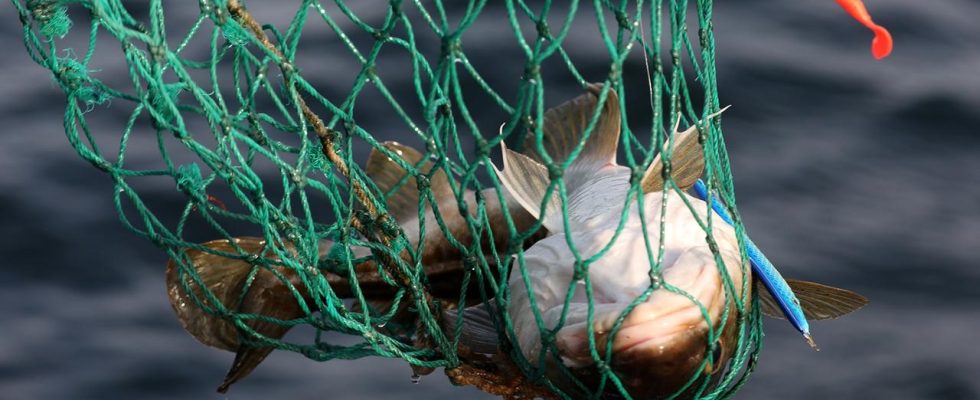The WWF warns that the consequences of overfishing and the climate crisis are increasingly affecting the fish stocks in the North and Baltic Seas. The conservationists are demanding larger protected areas and more catch controls.
According to the nature conservation organization World Wide Fund For Nature (WWF), the living conditions of fish in the North and Baltic Seas are poor. “The past five years have been the worst years in history for Baltic herring. Its recovery will take a long time. And the cod stock in the western Baltic Sea has collapsed completely in recent years,” said WWF fisheries expert Karoline Schacht.
overfishing and the climate crisis
Ten years ago, the EU states reformed their fisheries policy in order to end overfishing in their own waters by 2020, according to the WWF. But even in 2023, the scientific advisors of the EU Commission calculate that many fish stocks in the north-east Atlantic will continue to be overfished. Thus, the central goal of the reformed policy had been missed. In addition, little has changed in the poor environmental condition of the North Sea and Baltic Sea.
Reasons for the poor state of fish stocks include overfishing and the increasing impact of the climate crisis. However, the WWF did not give specific figures on the stocks.
WWF calls for large protected areas
“Fish from local production is now a rarity,” adds Schacht. Around 80 percent of the most popular fish and seafood in Germany, such as Alaska pollock, tuna or shrimp, are imported and end up with consumers mainly as canned or frozen goods. “If we want to continue eating local wild fish, we urgently need to improve its living conditions. Healthy fish stocks only exist in healthy seas, they are inextricably linked.”
The WWF therefore demands, among other things, the establishment of large-scale and long-term protected areas without commercial use and better controls of catches at sea. Then more fish from the North Sea and Baltic Sea could be on the German menu again in the future.
Fish consumption is declining
According to the Fish Information Center, private households in Germany bought 434,413 tons of fish and seafood last year. That was eleven percent less than the year before, as Petra Weigl, head of the Fish Information Center, notes. The Germans paid 4.9 billion euros for this, which corresponds to a minus of nine percent compared to the previous year.
Most fish is eaten in the north of the country. Last year consumption was highest in Bremen – with a per capita consumption of 6.6 kilograms. In Schleswig-Holstein it was 6.5 kilograms, in Hamburg and Mecklenburg-Western Pomerania it was 6.0 kilograms. August 22 is Fish Day.

